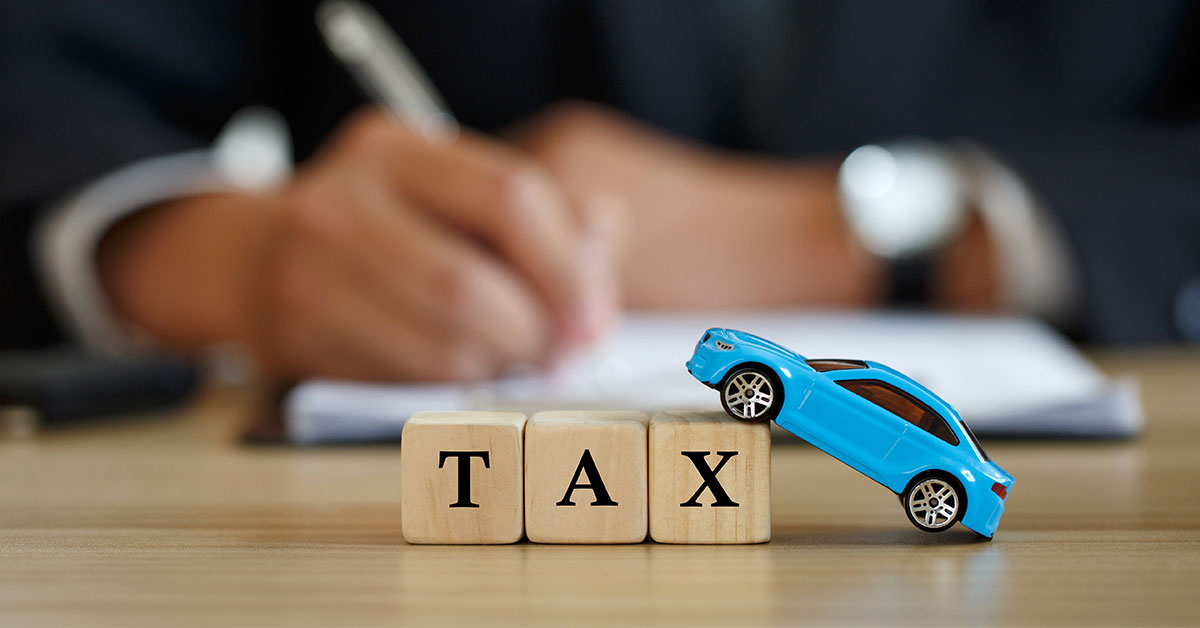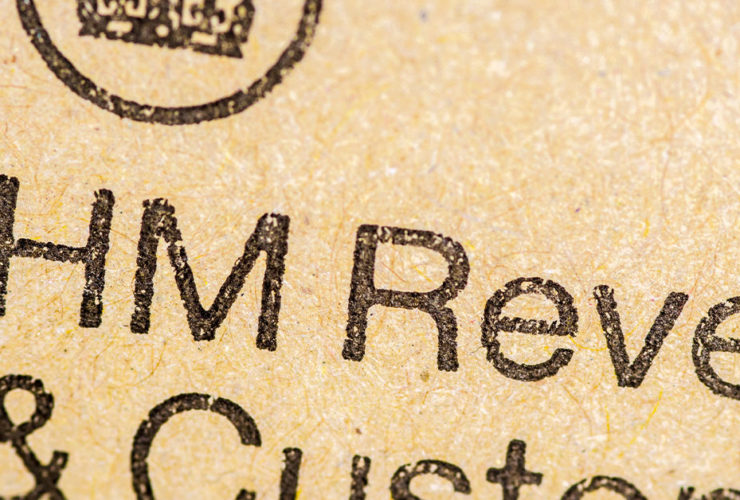When it comes to making the most of employee benefits, salary sacrifice car leasing has become an increasingly popular option, particularly when electric vehicles (EVs) are involved. But one term often raises questions: Benefit-in-Kind (BiK) tax.
So, what is BiK tax, and how does it affect your pay when you opt into a car via salary sacrifice? Let’s break it down.
What is Benefit-in-Kind (BiK) Tax?
Benefit-in-Kind (BiK) tax is a charge applied to employees who receive perks or benefits on top of their salary, such as a company car. HMRC considers these perks a “benefit in kind,” and they are therefore taxable.
If you lease a car through your employer via salary sacrifice, and you also use that car for personal journeys (even just commuting), it’s considered a benefit and therefore subject to BIK tax.
How BiK Tax is Calculated
The amount of BiK tax you pay depends on several factors:
- The car’s list price (P11D value)
- Your income tax bracket
- The car’s CO₂ emissions
- Fuel type (electric, hybrid, petrol, diesel)
The lower the emissions, the lower the BiK rate, This is why fully electric vehicles are especially popular in salary sacrifice schemes.
For example, in the 2026/27 tax year, an all-electric vehicle attracts a BiK rate of just 3%, compared to up to 37% for higher-emission vehicles.
Why BiK Matters in Salary Sacrifice Car Leasing
Salary sacrifice works by reducing your gross salary in exchange for a leased car. This means:
- You save on Income Tax and National Insurance.
- Your BiK tax liability is calculated separately and is usually much lower, especially with an EV.
In many cases, the combined savings from reduced salary deductions and low BiK tax can make an electric car significantly more affordable than personal leasing, such as PCH or PCP finance.
Example: BiK in Action
Let’s say you lease an EV with a P11D value of £35,000:
- BiK rate for an EV = 2%
- Taxable value = £35,000 × 2% = £1050
- If you’re a 20% taxpayer, your annual BiK tax = £210
- That’s just £17.50 a month for personal use of a brand-new EV.
Compare that to a petrol vehicle with a 30% BiK rate, and you’ll see why green driving and salary sacrifice car leasing is growing fast.
Current BIK Rates
| CO2 (g/km) | Electric range (miles) | 2025/26 (%) | 2026/27 (%) | 2027/28 (%) |
|---|---|---|---|---|
| 0 | N/A | 3 | 4 | 5 |
| 1-50 | >130 | 3 | 4 | 5 |
| 1-50 | 70-129 | 6 | 7 | 8 |
| 1-50 | 40-69 | 9 | 10 | 11 |
Final Thoughts
Understanding BiK tax helps you make smarter decisions about your next car. For employers, offering salary sacrifice car schemes is a powerful tool for recruitment, retention, and supporting sustainability goals. For employees, it can unlock access to premium, eco-friendly vehicles at a fraction of the expected cost.
At GKL, we’re here to guide you through every step, from choosing the right vehicle to understanding the numbers.
Drive smarter. Save more. Go greener.



